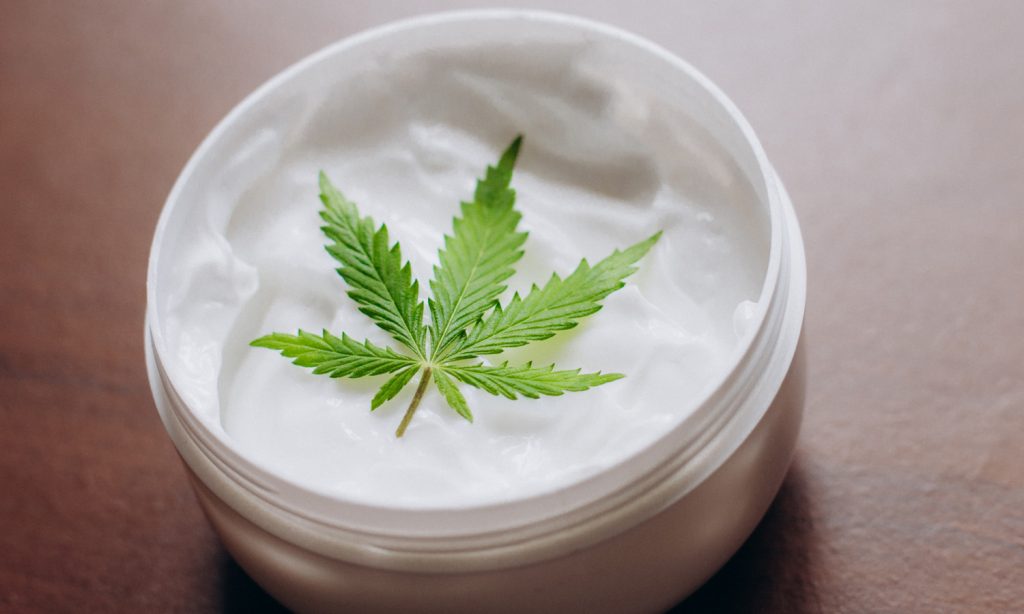The 33 states with some form of legal cannabis could gain additional company this election season as voters in five states consider ballot measures to legalize marijuana. Three states will see initiatives to legalize recreational marijuana, another will decide on the medicinal use of cannabis, while the fifth will consider separate measures for both.
Arizona, Montana, New Jersey To Decide On Adult-Use Pot
Voters in three states will vote on measures to legalize recreational marijuana. In Arizona, Proposition 207, the Smart and Safe Act, will be on the ballot. If passed, the initiative would allow adults 21 and older to possess, consume, or transfer up to one ounce of cannabis. Home cultivation of up to six plants per adult or 12 plants per household with more than one adult would be permitted. Prop. 207 would also create a regulatory system for the commercial production and sale of cannabis products, including social equity provisions to help ensure a cannabis industry that is representative of the community. The initiative also allows for the expungement of past convictions for marijuana offenses. The measure would generate an estimated $300 million in taxes yearly, which would be used to help fund community colleges, public health, transportation, and public safety.
In New Jersey, a two-year attempt by lawmakers to legalize the recreational use of cannabis by adults failed to gain enough support to pass in the legislature. Instead, voters will see Question 1, which if passed would amend the state’s constitution to legalize the recreational use of marijuana by those 21 and older. The measure authorizes the state’s existing medical marijuana overseer, the Cannabis Regulatory Commission, to regulate the new adult-use market. Detailed regulations would be created by the agency and the state legislature after passage of the ballot measure.
Montana voters will see two cannabis measures on their ballot for the November election. The first, Initiative 190, would legalize the possession and sale of small amounts of marijuana for adult use, establish a regulatory system to license cannabis businesses, and levy a 20% tax on recreational purchases. New Approach Montana, the group behind both ballot measures, estimates that taxes on retail sales of cannabis in the state would generate $236 million in new revenue for the public coffers by 2026. The second measure, Constitutional Initiative 118, would amend the state’s constitution so that the legislature could set the legal age to purchase cannabis at 21. Currently, the constitution guarantees all rights of an adult, except for the purchase of alcohol, to all persons 18 years and up.
Medical Marijuana On Mississippi’s Ballot
Voters in Mississippi will have the chance to legalize the medicinal use of cannabis with Initiative 65, which qualified for the ballot via a citizen’s petition supported by Medical Marijuana 2020. If passed, the measure would allow physicians to recommend cannabis as a treatment for patients with one or more of 22 qualifying medical conditions such as cancer, multiple sclerosis, and post-traumatic stress disorder. The initiative also establishes a 7% tax on medical marijuana products and creates a regulatory system for administering the program.


